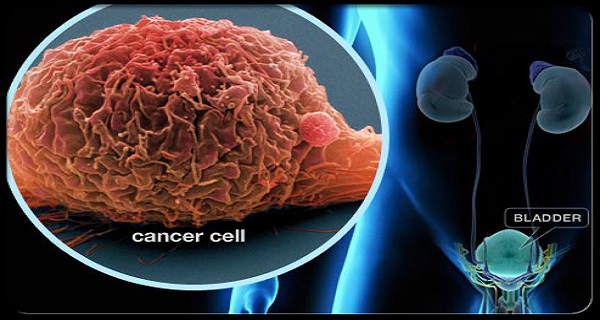Medical experts consider cancer as a complex set of diseases. They also note that it can be triggered by various factors, including:
- Lifestyle factors like unhealthy diet, physical inactivity, tobacco use;
- Genetics;
- Specific infections;
- Environmental exposure to various types of chemicals and radiation.
According to researches, following an unhealthy diet and being physically inactive could elevate your possibility of developing cancer.
It has been estimated by The World Cancer Research Fund that nearly 20% of the total American cancer cases are associated with poor diet, physical inactivity, weight gain, and excess consumption of alcohol.
However, like many other diseases, cancer is also a preventable disease. So, you can greatly lower your risk of cancer by:
- Eating a healthy diet rich in organic veggies and fruits;
- Giving up smoking;
- Exercising regularly;
- Maintaining a healthy body weight.
HERE IS THE LIST OF TOP 4 FOODS THAT CAN INCREASE YOUR CANCER RISK:
- Refined and Artificial Sugary Foods
It is a well-known fact that the excess intake of foods containing refined sugar and artificial fructose sweeteners, like high-fructose corn syrup can lead to the development of a wide range of health issues.
In general, this type of foods can quickly raise the levels of insulin and boost cancer cell growth.
In 2006, the American Society for Clinical Nutrition journal published a study suggesting that the participants who consumed higher amounts of sugar-sweetened foods had a greater chance of developing pancreatic cancer than control group.
Hence, consider substituting these unhealthy food choices with natural options such as maple syrup, honey, stevia, blackstrap molasses, or jaggery.
- Red and Processed Meats
There are a lot of harmful preservatives and chemicals in processed meats, including bacon, sausage, ham, etc. Moreover, this type of meat also possesses extremely high amount of salt.
The Nutrition and Cancer journal published a study showing that the excess processed meat consumption could be linked to the development of colorectal cancer.






